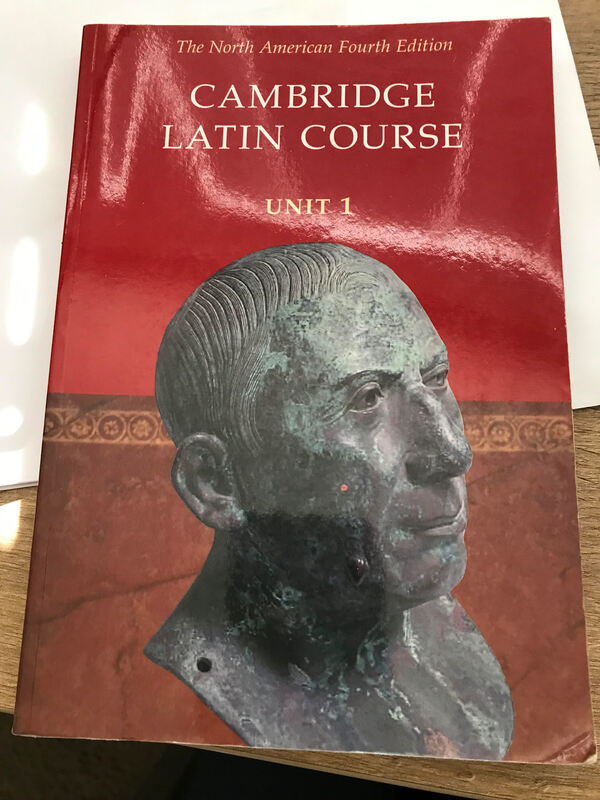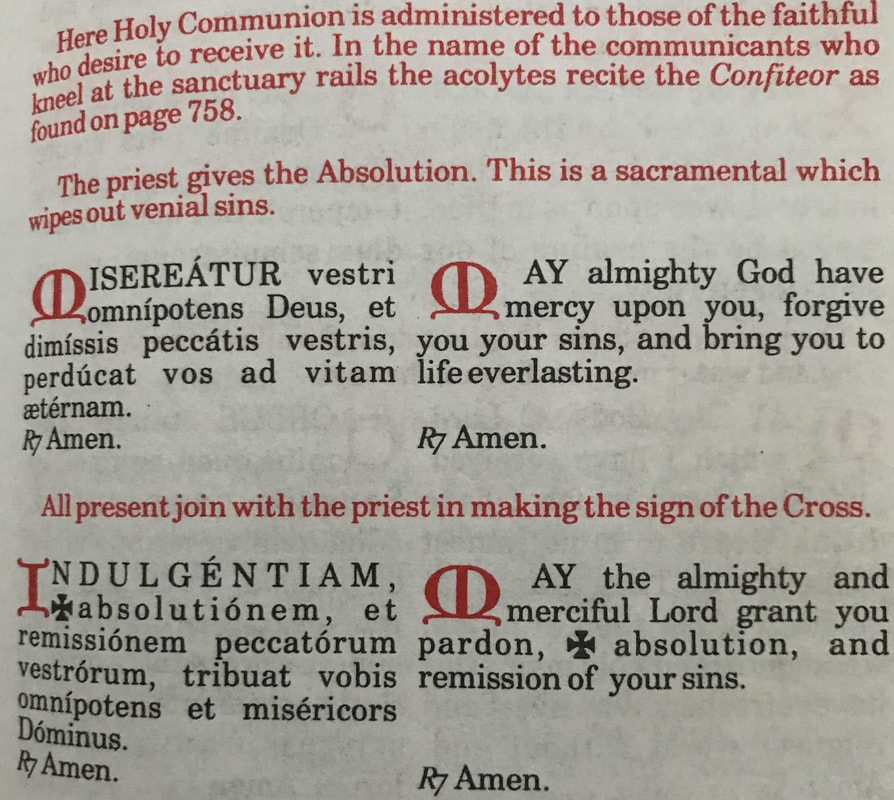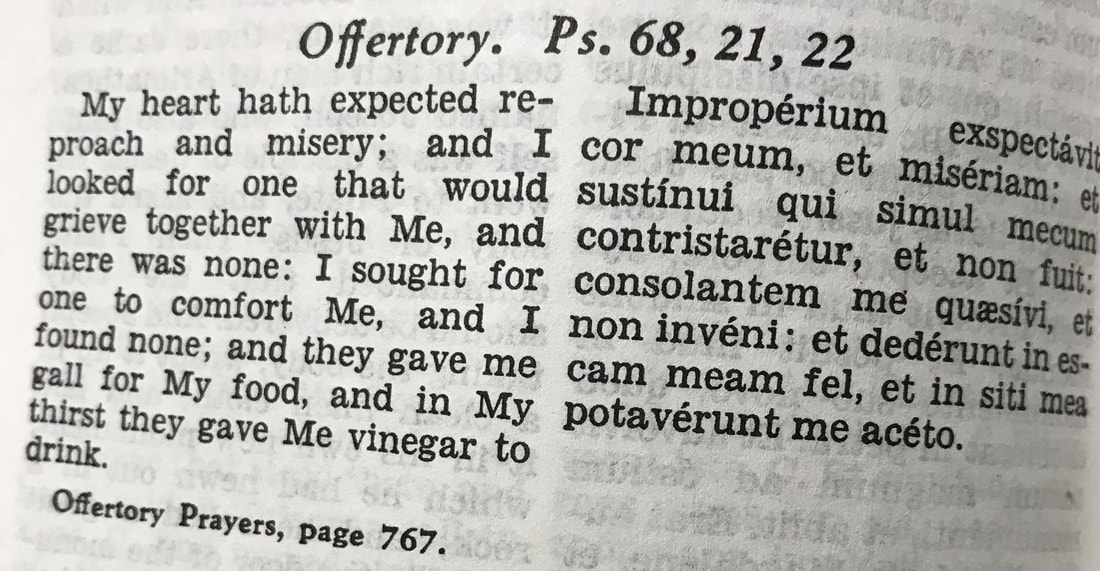Antivenom is the primary treatment for rattlesnake bites. Antivenom is a type of antibody therapy that reduces the effects of venom. The sooner it is administered, the more likely it is to stop irreversible damage to the body. The symbols come from Ezekiel.
upper left Matthew; upper right Mark lower left Luke; lower right John Matthew’s symbol is a man/angel because he begins his Gospel with Christ’s human genealogy, focusing on Christ the Man. Mark’s symbol is a lion because his Gospel starts off with a roar. In the first chapter, we are confronted with the fiery words of St. John the Baptist, the “voice of one crying in the wilderness.” Luke’s symbol is an ox, an animal of sacrifice. The first event he recounts is the apparition of the Archangel Gabriel to Zechariah, the father of St. John the Baptist. Zechariah, a priest, is offering sacrifice to God in the temple when Gabriel announces the impending birth of John the Baptist. John’s symbol is an eagle. In his Gospel, he “soars” above earthly events to contemplate the Divinity of Christ.
A Latin Mass priest purifies his fingers post communion with water and wine.
Decanoic acid, a 10-carbon medium-chain fatty acid, is naturally found in wine. The acid often has an unpleasant odor that is described as waxy, soapy, or goaty, and is used in soap and in pharmaceutical and plastics production.
Burgum - Governor, dinky state, older, Stanford, Lutheran, stellar education and work experience, abortion stance similar to Trump, don't know if that helps Vance - Senator, big state, young, Yale, former Marine, traditional Catholic, bi-racial children, pro-life, appeals to traditional, not cafeteria, Catholics Rubio - Senator, big state, fairly young, University of Miami, Catholic, Hispanic, pro-life, being a mainstream Catholic and Hispanic helps the most Roughly 20% of Americans are Catholic, and roughly 20% of Americans are Hispanic, a coincidental match, but if you could win them all, that is a significant voting block. American bishops could play a role, as they did in the past, but don't. To a man, they are weak and can't read Latin. The Founding Fathers could read/write Greek and Latin, and that explains the USA's Greco-Roman imagery: mottos, buildings, flags, money, etcetera.
Consumatum est. It is consummated.
30 Jesus therefore, when he had taken the vinegar, said: It is consummated. And bowing his head, he gave up the ghost. And there you have a slice of the history of the English language brought to you by the Douay-Rheims 1582. (King James published 1611, 29 years after) Don't be afraid of the French name. They were Englishmen living across the English Channel because Betty I would kill. Glen Tattersall graduated in Arts/Law from Sydney University in 1988, and began his career working in insurance litigation at Sly & Russell (now Deacons).
He later moved to a small suburban firm and then to AMP, where he was in-house counsel for 5½ years. In 1995 Tattersall entered the seminary of the Priestly Fraternity of St Peter in Pennsylvania. He returned to Australia after 5 years of study, and was ordained by Bishop Manning of Paramatta in June 2001. He is 60 years old. Timothy Costelloe, SDB, Archbishop of Perth, acted ultra vires when he cancelled the Latin Mass at St. Anne the end of 2023. However, the Latin Mass is preserved at Chapel of the Good Shepherd, Kelmscott. https://www.goodshepherdlatinmass.com/#:~:text=Chapel%20of%20the%20Good%20Shepherd%2C%20Kelmscott%20%7C%20Latin%20Mass%20%7C%20Perth%20Australia The average Catholic, nay the average American, could not explain ultra vires. The National Latin Exam is a test given to Latin students. In 2023, the exam, which is sponsored by the US-based American Classical League and the National Junior Classical League, was given to over 107,000 students in the US, Australia, Canada, China, France, Germany, Iran, Italy, Japan, New Zealand, Poland, Taiwan, UK, and Zimbabwe. The exam covers general knowledge of Latin grammar and vocabulary, mythology, Roman culture, derivatives, and translation abilities. And you thought it was an outdated Catholic thing, bro. Maybe you can park your ass on another bench, not mine.
Cor, arca legem cóntinens
Heart, the ark containing the law Non servitútis véteris Not the old servants Sed grátiæ, sed veniæ But grace, but pardon Sed et misericórdiæ But also mercy Cor, sanctuárium novi The heart, the sanctuary of the new Intemerátum fœ'deris You will give an intemperate covenant Templum vetústo sánctius The ancient temple is holier Velúmque scisso utílius And the veil is more useful when it is torn Te vulnerátum cáritas You are wounded by charity Ictu paténti vóluit He wanted a patent blow Amóris invisíbilis Invisible love Ut venerémur vúlnera To venerate the wounds Hoc sub amóris sýmbolo This under the symbol of love Passus cruénta et mýstica A bloody and mystical suffering Utrúmque sacrifícium Both sacrifices Christus Sacérdos óbtulit Christ offered the Priests (Quis non amántem rédamet Who would not return a lover? Quis non redémptus díligat Who loves the unredeemed? Et Corde in isto séligat And he chooses in his heart Ætérna tabernácula The eternal tabernacle) Jesu, tibi sit glória Jesus, to you be the glory Qui Corde fundis grátiam Who pours out grace from the Heart Cum Patre et almo Spíritu With the Father and the Holy Ghost In sempitérna sǽcula For ever and ever (Cor - think core, the core of a red apple, the heart.) US Law
US Constitution Article I, Section 9, Clause 2 “The Privileges of the Writ of Habeas Corpus shall not be suspended unless when in Cases of Rebellion or Invasion the public Safety may require it.” This section is called the Suspension Clause. The Latin phrase, habeas corpus, translates to, "You shall have the body."
Roman History Jesus is brought before Pilate. 11 And Jesus stood before the governor, and the governor asked him, saying: Art thou the king of the Jews? Jesus saith to him: Thou sayest it. 12 And when he was accused by the chief priests and ancients, he answered nothing. 13 Then Pilate saith to him: Dost not thou hear how great testimonies they allege against thee? 14 And he answered him to never a word; so that the governor wondered exceedingly. Canon Law Can. 844 §1. Catholic ministers administer the sacraments licitly to Catholic members of the Christian faithful alone, who likewise receive them licitly from Catholic ministers alone, without prejudice to the prescripts of §§2, 3, and 4 of this canon, and can. 861, §2. Sacrament of Communion (receiving the Body of Christ) Francis' encyclical, Amoris laetitia (The Joy of Love), provides that people who are divorced and remarried but are not subjectively culpable due to mitigating factors may receive Communion in certain cases. Mitigating factors could include insufficient knowledge or consent. When prose sounds good, but it's unintelligible, it's called a loophole. Francis is supposed to be the Vicar of Christ, but he dropped the title. In the Vatican yearbook, Annuario Pontificio (2020 edition), the title “Vicar of Christ” does not appear on the listing for Pope Francis. The title appears at the bottom of the page, and the title is identified only as a “historical” title. Now put yourself in the place of Pilate. Are you wondering exceedingly? Who is this Francis? Roman Missal, Today's Mass of the Sacred Heart
For what reason am I Catholic? To console Him, to stay one more night, to keep Him company. This was always known. Since age eight is always and when I swallowed first time. Read the Latin aloud. Verbs at the end of a clause or sentence, such as fuit, are powerful. Aristide organa fecit, quae sunt in toto orbe terrarum. Aristide made organs, which are all over the world. The man is way up there.
love these classicists https://en.wikipedia.org/wiki/File:Cole_Thomas_The_Course_of_Empire_Destruction_1836.jpg
Title: Destruction Artist: Thomas Cole 1801-1848 Series title: The Course of Empire Genre: landscape painting Date: 1836 Medium: oil Dimensions: height 39.5 in; width 63.5 in Collection: New-York Historical Society Accession number: 1858.4 Place of creation: USA Thomas Cole was founder of the Hudson River School turning out art that flourished in the mid-19th century. Influenced by Romantic and realistic styles, and father of five, the English-born American painted nature in detail. Latin was originally in all caps. Two French angels assist the Welsh hermit-priest who mingles with us and overlays the video with a poem written at Fontgombault. Did you know that every angel in Heaven is present at Mass? They worship, too. If my friend Josh and I, not angels, were present at this Mass, stifled laughter would have interrupted solitude. The little guy is doing his best. Alexander, my 10-year-old writing student, pulled a fast one on me. He bought the Cambridge Latin Course Unit 1. I asked him if he wanted to study Latin, and he said, "No, it's for you to learn." Ha-ha-ha. So, I asked his mother if he wanted to begin, and she said, "It's up to Alexander." Here I am, having to prepare the first lesson and no idea what that will be.
Singer: Sara Mingardo
Music: RV 644 Juditha triumphans Composer: Father Antonio Vivaldi Review: stars above 17. Aria "Agitata infido flatu" Agitata infido flatu Diu volatu Vagabundo Maesta hirundo It plorando Boni ignara. Sed impulsu aurae serenae Tantae cito oblita poenae In dilecta Dulcia tecta Gaudi ridet haud avara. 17. Aria "Tossed by a treacherous wind" Tossed by the treacherous wind in its long flight, the wandering sad swallow goes weeping, unaware of good. But pushed by a fair breeze, suddenly forgetting such sorrow, in its delightfully tender nest. Before any translation I heard anguish. Sic semper tyrannis.
Oderint dum metuant. Aut cum scuto aut in scuto. Gladiator in arena consilium capit. Flectere si nequeo superos, Acheronta movebo. If I cannot bend the will of Heaven, I shall move Hell. Yeah, that's how to deliver a speech. ★ ORIGINAL CREDITS ★ 〉Original Song: Camila Cabello
Top line is all caps. Originally, Latin (also Greek) only had capital letters. Lowercase letters developed later as script for writing quickly by hand. U looks like a V. SPQR is Senatus PopulusQue Romanum, the Senate and People of Rome. These guys spent a lot of time producing a recording like this, as evidenced by the fine vocals, orchestration, audio frequency spectrum starting at one circle and going to five, and translation that rhymes, intoning classical Latin. From the Vulgate, from the Greek, Luke Ranieri, my man the polymath, quotes in ecclesiastical, classical, and other pronunciations, the conversation between Pontius Pilate and Jesus on Good Friday, yesterday. Latin and Greek have different alphabets but sound similar. I had a conversation with Altan and said that one day he will appreciate his Latin studies. 6 Jesus answered: My kingdom is not of this world. follow Luke
People who go to the Latin Mass and do not receive communion, their venial sins are forgiven anyway. This forgiveness does not happen in the New Mass.
Check your daily New Mass missal if you have one, and probably you don't. I reproduced that throw-away paper once before in another entry, not this time. Forgiveness is important to people who cannot attend Mass for any reason, such as a disability, or those watching Mass online and making a spiritual communion. People watching the Latin Mass (and supporting it) will hear those words. Words matter, which is the reason so much care was given to the Latin Mass and to translations, and the reason I study words and carefully choose them, and the reason editors scrutinize them.
Let's make some connections. Penitentiary comes from the Latin paenitentia, meaning "repentance." A penitentiary is a place you are sent to make repentance for a crime committed. Penitentiary also can be used as an adjective to describe something done to show penance, as in the penitentiary scarlet "A" on Hester's chest, The Scarlet Letter, by Hawthorne, and check out Leavenworth Penitentiary in "Hearts and Hands" in the Reading List. Now, think. What bread is unleavened? Jerome on unleavened bread... Jerome: “Or otherwise; The woman who takes the leaven and hides it, seems to me to be the Apostolic preaching, or the Church gathered out of diverse nations. She takes the leaven, that is, the understanding of the Scriptures, and hides it in three measures of meal, that the three, spirit, soul, and body, may be brought into one, and may not differ among themselves. Or otherwise; We read in Plato that there are three parts in the soul, reason, anger, and desire; so we also if we have received the evangelic leaven of Holy Scripture, may possess in our reason prudence, in our anger hatred against vice, in our desire love of the virtues, and this will all come to pass by the Evangelic teaching which our mother Church has held out to us. I will further mention an interpretation of some; that the woman is the Church, who has mingled the faith of man in three measures of meal, namely, belief in the Father, the Son, and the Holy Spirit; which when it has fermented into one lump, brings us not to a threefold God, but to the knowledge of one Divinity. This is a pious interpretation; but parables and doubtful solutions of dark things, can never bestow authority on dogmas.” Wikipedia treats St. Jerome better than any other source. Amazing it is, too, that I have felt more loved outside the Church. I have no explanations. French, Latin, and Greek with English and Italian subtitles enliven this song from Disney's 1996 animated feature, The Hunchback of Notre Dame, sung by Jean Piat, actor, theater actor, voice actor, and writer. (My copy does not contain the Italian. For that, view on YT. The Latin comes from the Mass.) Palm Sunday 3/24/2024
Most psalms were written between 1010 BC and 930, 1,000 years before Christ. Psalm 68, written by King David (born c. 1035 BC, died c. 970), told what would happen to Christ. www.newadvent.org/cathen/12533a.htm Stephaton (Steven), is the name given in Catholic tradition to the Roman soldier or bystander, unnamed in the Bible, who offered Jesus a sponge soaked in sour/bitter vinegar wine at the Crucifixion. He is frequently portrayed in art with Longinus, the Roman soldier who pierced Jesus' side with a spear. "I looked for one that would grieve together with Me, and there was none." I grieve with Him. This has been the strongest pull on me through the years, even more so now that my brother is dead. I propose that no man can be without a brother or brotherhood, and no counter-argument can succeed. Quod erat demonstrandum
- which was to be demonstrated, an exclamation used to convey that a fact or situation demonstrates the truth of one's theory or claim, or to mark the end of a formal proof
|
Categories
All
Archives
July 2024
|








 RSS Feed
RSS Feed